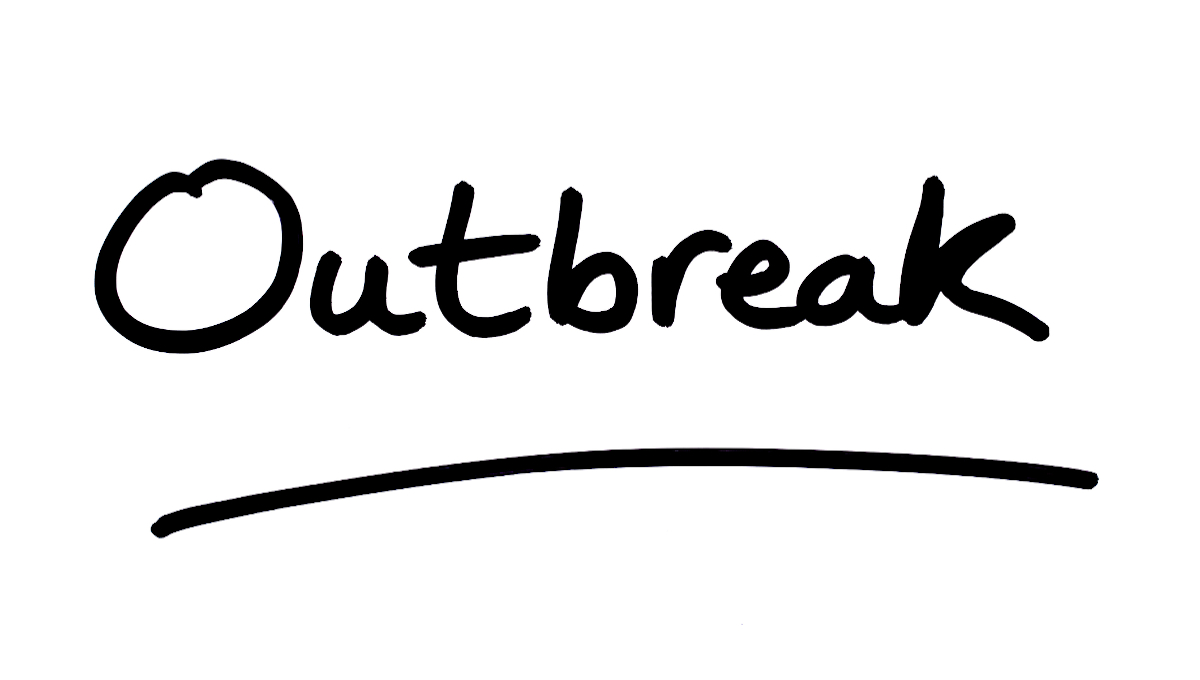Sept. 22, 2021 — At least two states are recommending that doctors prioritize the limited supply of monoclonal antibody treatments for high-risk COVID-19 patients, including unvaccinated people who face severe disease.
Tennessee health officials say that nearly all vaccinated patients should receive lower priority to preserve supplies for those who remain most vulnerable, while those in Alabama say treatments should go to those who are most likely to be hospitalized.
“Ultimately, this comes down to providers’ clinical judgment to ensure those most at risk are receiving this treatment,” Bill Christian, a spokesperson for the Tennessee Department of Health, told Forbes.
Last week, the Biden administration imposed new restrictions on state allocations for monoclonal antibody treatments, according to Politico. The move is meant to prevent shortages while the supplies are replenished. The Biden administration has ordered more monoclonal antibody doses from the two main suppliers, Regeneron and Eli Lilly and Company.
In recent months, 70% of the country’s supply has gone to seven states: Tennessee, Alabama, Mississippi, Florida, Georgia, Louisiana, and Texas. All but Florida have below-average COVID-19 vaccination rates, NBC News reported.
In response to the restrictions, state health officials have been forced to issue recommendations about who should receive the treatment. This week, Tennessee and Alabama have said the treatments should be reserved for patients who are over 65, unvaccinated, or vaccinated but immunocompromised.
“Clinically, it makes sense,” Lisa Piercey, MD, Tennessee’s top health official, told The Tennessean.
“But the doctor in me thinks about all these ‘what ifs,’” she said. “What if there is a super-high-risk older person, but they are not technically considered immunocompromised? Do they not get it, but a 22-year-old unvaccinated person with asthma, they get it?”
So far, only a few states have reported difficulties with the federal government’s new restrictions. Officials in Mississippi and Texas told Forbes on Tuesday that they were able to meet demands with last week’s allocations.
“We just don’t know what the supply will be like over the long term and can’t predict what the effect will be,” Douglas Loveday, a spokesman for the Texas Department of State and Health Services, told Forbes.
The Biden administration’s current weekly shipment is about 150,000 doses. It will likely take several weeks to increase the number of doses, Politico reported, and officials expect the new limits to remain in place through October.
Note: This article have been indexed to our site. We do not claim legitimacy, ownership or copyright of any of the content above. To see the article at original source Click Here












